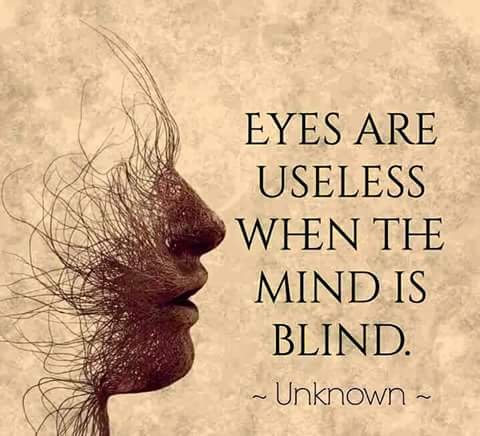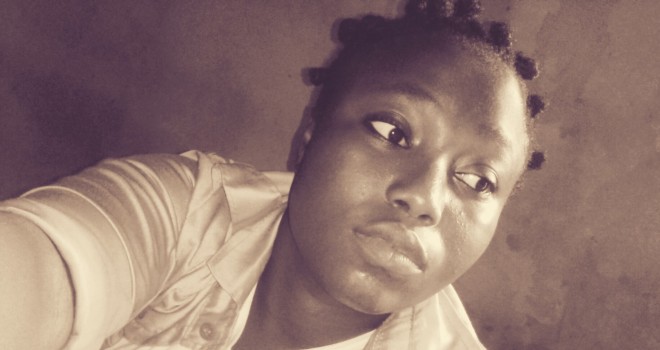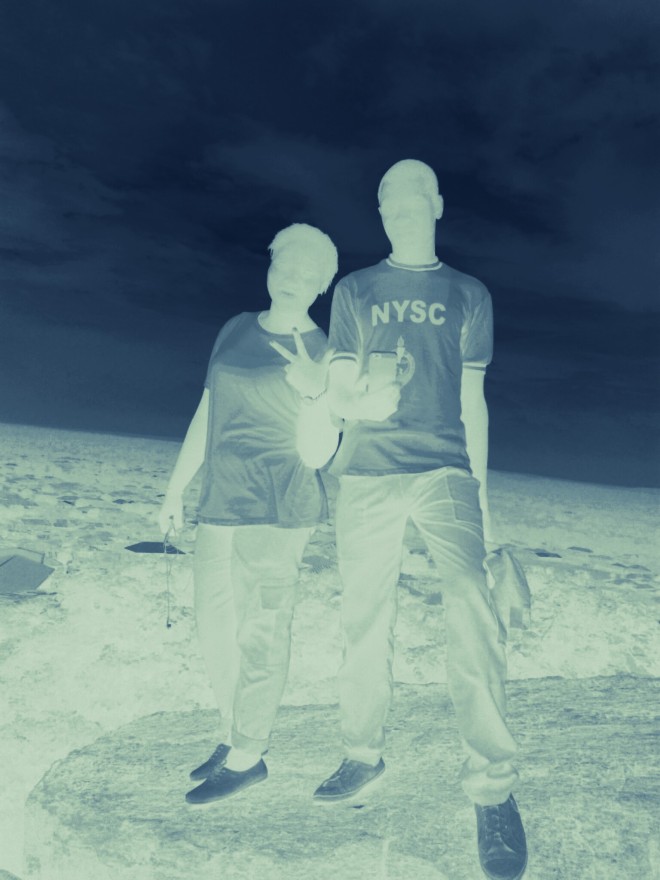“This is Lagos”
By Adeojo, Mosunmola
Title: Prodigals in Paradise
Author: Henry Akubuiro
Publisher: Lasmedia
Number of Pages: 197
Year of Publication: 2016
Category: Fiction

In a place where hope is fleeting, dejection and misanthropy reign supreme, resignation to a wretched fate is not an option as a diehard spirit, whether for positive or negative ends must be adopted. This is Lagos where life moves at a fast pace with the innocent, honest and moral being maligned; this is Paradise where the ceremony of innocence is drowned. Prodigals in Paradise gives a panoramic view of the decrepit lives that inhabit slums in the city. Like “Welcome to Lagos”, a BBC documentary which features degradation in dialectical Lagos, Paradise is a city than it is a house as it is home to a variety of characters; vile characters such as Job, Keziah, Junior etc. and ordinary characters such as Akpan, Nicodemus and Komolafe (each with their own peculiarity).
The story revolves around Nicodemus, a young man of 24 who receives the first shocks of false euphoria that define the travel of rural migrants to metropolitan centres, on his first visit to Lagos. With the disillusionment he encounters, Nicodemus struggles to make ends meet while remaining morally upright in the face of sexual (evident in Keziah’s coquetry) and financial temptations. On arrival to Lagos, he meets his uncle Job, who has had a fair share of indiscriminate pilfering in the name of survival with his now-deceased friend, Okon. Presently an Okadaman, Job shares a rent-free abode, Paradise with neighbours like Keziah who doubles as his girlfriend, Komolafe a coffin maker, Akpan a conductor, amongst others. On learning of his father’s death, Job leaves Paradise and for about a year, his absence is hardly noticeable as Nicodemus engages in various money-making ventures which are degenerate to a man of his academic background. Later, he gets a job at a media house to work for six-months without pay after rejecting the initial offer of N5000 Naira per month.
Prior to this time, rumours of eviction notices have been prowling through Paradise and when Junior’s rumours are later confirmed by an eviction notice pasted on the building, Job returns, as a pastor. It is obvious he has made some spiritual contacts so that he is privy to the dilemma at Paradise and thus, surreptitiously uses the opportunity to become a phony pastor who gains a large congregation including a white man, Edward Bolton (his latest client infected with HPV). Paradise becomes a church, Junior, the delinquent boy becomes a disciple of Job and only Nicodemus is not bought over by the change in his uncle. As a result of his inability to appease the mermaid who gives him power, Job’s success winds down as quickly as it rose and he ends up in prison and Nicodemus writes an article on his uncle’s ill-reputed profession.
Detaching himself from the seemingly prevalent narrative of the tumultuous nature of a recovering democracy after military government, Akubuiro in his debut novel tells a tale of masses who have always exonerated themselves from being identified as the ills in the society. To this end, they become the sordid hands that Dickens in Hard Times implies to be the infamous progenitors of man’s inhumanity to man and mismanagement in government. Thus, although the author is able to reiterate the mantra of the government being at the helm of callous governance, his narrative reveals that delinquency is a characteristic of humans in possession of whatever form of power and inhumanity remains a universal phenomenon. Thus, when Nicodemus is job-hunting, he experiences this lack of empathy from the owner of The Voice,
“…A derisive smile tickles his face as he sees the disappointed young man walking up to the gate…‘As I told you, there is no vacancy here, but I don’t want to seem a wicked man; that’s why I want to help you.’”(158)
But Mr. Obong is a wicked man. He is contemptuous and when he eventually gives Nicodemus the terms and conditions of appointment, it is obvious that his statement is ironical.
At the bane of the story are religion and its politics. Religion becomes a manipulative tool and the characters are willing pawns in their own hypocrisy. It is no surprise that Keziah can at once pray to the figure of Christ in her room and later own, have illicit sex under his unfeeling eyes. Similarly, Junior, “…wants to be assured of the financial reward that comes with working in the Lord’s vineyard.” (144) Religion is a safe haven whose keepers are devourers. Nicodemus is privy to false prophecies and by implication, distrusts his uncle’s sudden change. However, while it seems that humans have been able to swindle their way through, using religion as a smokescreen, the divine seems to play a fast one on them as most of the characters end up with greater burdens than they had at the beginning of the story. Keziah becomes pregnant with Edward Bolton’s child and obviously infected with HPV while Job is imprisoned.
Dirt is a motif that runs through the novel to heighten the dilapidation of both the system and the characters. The depiction of dirt as a symbol of decay and social degradation further defines the kind of characters that exist in Paradise. From the start of the novel and to Nicodemus’ horror when he first encounters the façade called Paradise, a woman uses her mucus-smeared hands to wrap buns for a customer. This act parallels a moment of recoil in Ayi Kwei Armah’s The Beautyful Ones are not Yet Born, when the main character in repulsion, remembers the numerous dirt that have thickened the surface of a banister he mistakenly places his hands on. In Prodigals in Paradise, this motif of dirt is quite prevalent so that, when the house is repaired, it is but a whited sepulchre that habours a fake pastor, a dilapidating prostitute, a man infected with HPV, a coffin maker, and a vagabond child, amongst other miscreants. Nicodemus, although with a biblical name that symbolises willingness to learn, is different from this throng and happens to maintain his integrity in the midst of the madding crowd.
Nicodemus’ characterisation remains undefined as we struggle to know his relationship with Job; is he his cousin or his nephew? Nicodemus also, seems to be more of a friend or colleague than family. Thus, when Josephine, who should be either his aunt or cousin arrives Paradise, his detachment from the news of his grandfather’s fall and the news of worry at home is quite appalling and makes him less believable. However, the depiction of his character is a reminder of the fallacy of quick success in Lagos and like Adamu in Toni Kan’s Nights of the Creaking Bed, Nicodemus faces disenchantment in the place he had once envisioned to hold euphoric promises. Thus, Nicodemus becomes believable with the experiences he faces and his struggles in Lagos which are similar to the hustling stories of any new comer.
With an enthralling use of words marred by occasional refrain from grammatical exactitude, an all-too familiar story of disappointment, of the dystopic reality that mars the expectations of nouveau Lagosians, is told. Paradise is home to benighted Lagosians who palpitate within the rhythm of disillusionment in the city of dreams. The constant reminder of, ‘This is Lagos’ a term used to explain away ills and excesses as suggested in Teju Cole’s Everyday is for the Thief, brings to mind the possibility that this peculiarity may perhaps, be palpable in most urban centres; Lagos being a symbolic representation. The novel encapsulates the idea of contradiction and contrariness. Right from its title to characters like Prophet Ahmed Elijah, and acts of honesty being seen as failure, the Janus-faced Lagos becomes a touchstone for everything out of the ordinary.
At the end of the novel, one questions what defines fulfilment while living a sham which Paradise embodies. The characters are living a sham because a prodigal in paradise should denote newness, a change of heart and repentance. However, ironically, these set of prodigals are a perfect fit for the paradise presented in the novel. With the politics of religion, supposed irrelevance of certified education and the irresponsibility of the government, Akubuiro paints a vivid scene of Nigeria’s present socio-political, economic and religious fate. Paradise therefore is a being, the victim which houses these ills and oddities so that it reeks of decay and anomalies. Above all, the book is a thought-provoking piece from an intellectual mind.
Reviewed on July, 2017 at the book reading at Faculty of Arts, University of Lagos
http://punchng.com/when-prodigals-in-paradise-visited-unilag/
https://www.vanguardngr.com/2017/07/akubuiros-prodigals-paradise-read-unilag/












